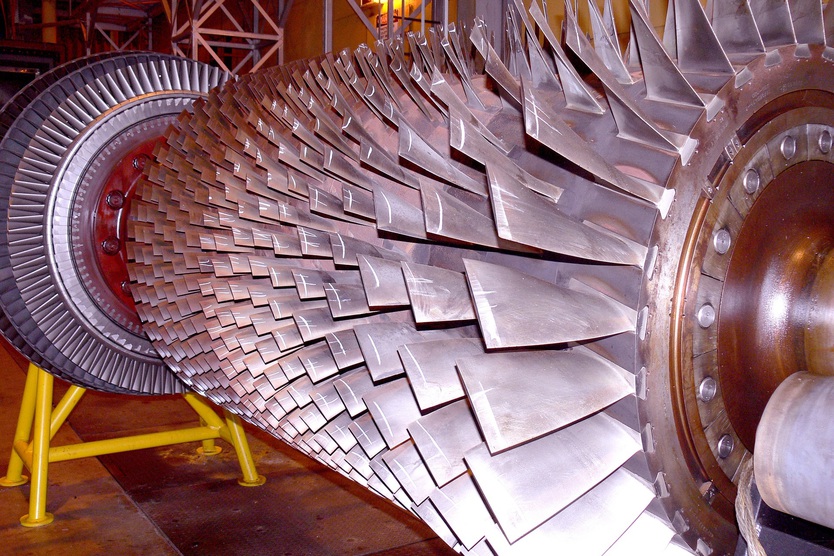
Supercritical CO2 (s-CO2) is a promising turbine propellant for the energy industry, even though research is still in its infancy. The advantages are clear: the substance is available in sufficient quantities and at low cost, and does not pose a health hazard to people or the environment during industrial use. However, the most important advantage lies in its special physical state. Depending on the pressure and temperature, supercritical CO2 occurs in a state that is neither gaseous nor liquid. The material assumes the density of a liquid but the viscosity of a gas, making it ideal to drive steam turbines.
This is the first time German companies and universities are conducting research in this field. Instead of water and steam, s-CO2 is to be used to drive steam turbines. This will be made possible with higher pressure and temperatures and result overall in lower operating costs. For example, Siemens is working together with the University of Dresden, the Helmholtz Research Center and the German Aerospace Center to test this technology.
The main objective of the project is to develop a demonstrator for testing and evaluating the propellant. Various sources of energy will be used for this purpose, which will ultimately be transferred to the s-CO2 via heat exchangers. While Siemens is responsible for using the waste heat from gas turbine plants, the research partners are also testing its use in solar thermal power plants. In order to make it possible to assess the technology, a reference system using conventional fluids as a propellant will be set up, so that the cost of generating electricity can be accurately determined. Then, a demonstration plant will be developed to test the new technology. To do this, a whole range of system components such as turbines, compressors and heat exchangers will be designed for the new propellant. Finally, a solar thermal power plant will be converted so that it can use s-CO2. If the test runs are successful, the technology is to be brought to commercial maturity.
From 2019-2022, the Federal Ministry for Economic Affairs and Energy will be providing more than €2.2 million in funding for research in the Carbosola project.


